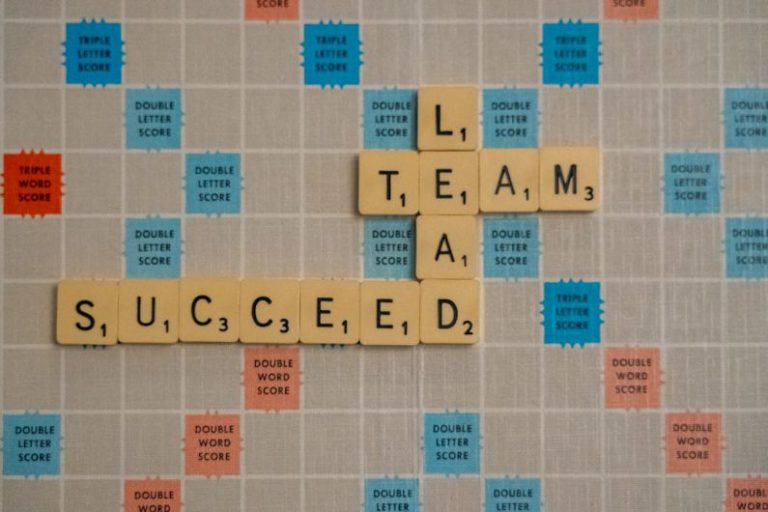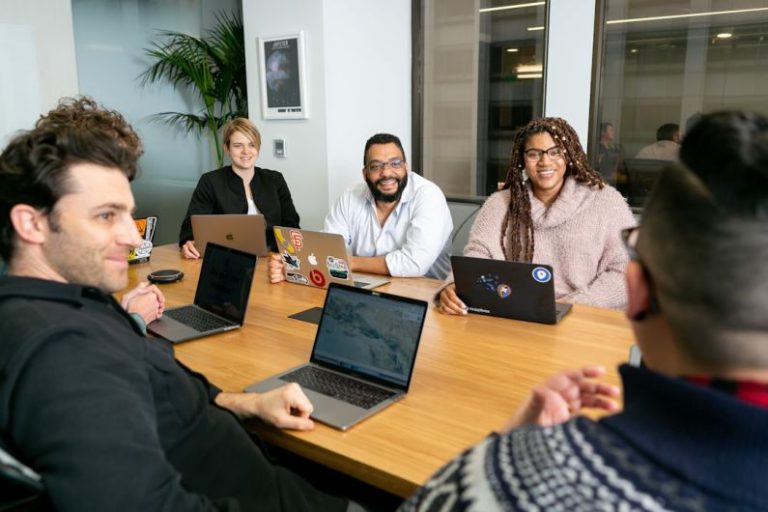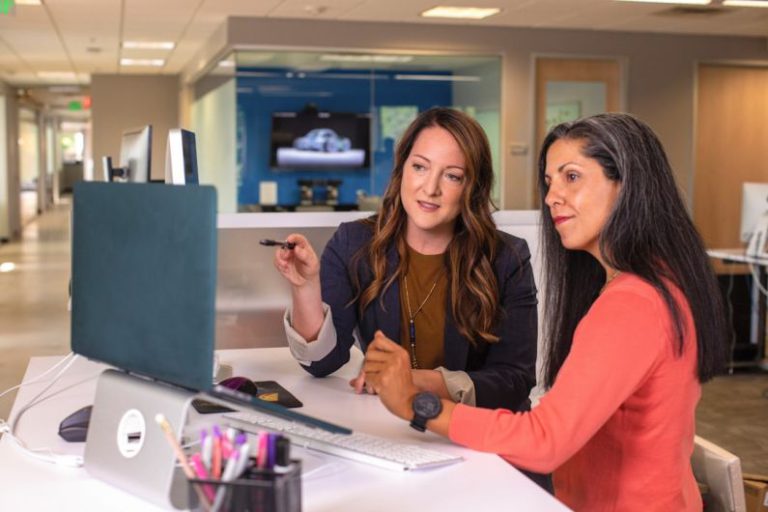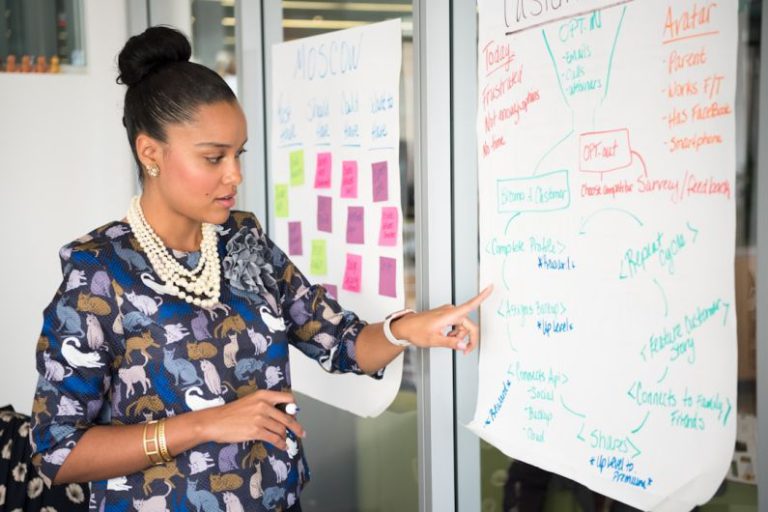Coaching and Developing Others
In today’s fast-paced and competitive world, the role of a leader goes beyond just managing tasks and overseeing operations. A key aspect of effective leadership is the ability to coach and develop others within the team. By investing time and effort into coaching team members, leaders can not only enhance individual performance but also foster a culture of continuous growth and development within the organization.
Creating a Supportive Environment
One of the fundamental principles of coaching and developing others is creating a supportive environment where team members feel valued and empowered. As a leader, it is essential to establish open lines of communication and foster a culture of trust within the team. By actively listening to team members’ concerns, providing constructive feedback, and offering guidance, leaders can create a safe space for individuals to learn, grow, and take risks.
Setting Clear Expectations
Setting clear expectations is crucial when it comes to coaching and developing others. By clearly outlining goals, objectives, and performance expectations, leaders can provide team members with a roadmap for success. Clear expectations help individuals understand what is expected of them and enable them to focus their efforts on achieving specific outcomes. Additionally, setting clear expectations creates accountability and ensures that team members are aware of their roles and responsibilities within the team.
Encouraging Growth Mindset
Encouraging a growth mindset is key to fostering a culture of continuous learning and development within the team. A growth mindset is characterized by a belief that abilities and intelligence can be developed through dedication and hard work. As a leader, it is important to encourage team members to embrace challenges, learn from failures, and seek opportunities for growth and improvement. By promoting a growth mindset, leaders can inspire individuals to push beyond their comfort zones and strive for excellence.
Providing Constructive Feedback
Providing constructive feedback is an essential component of coaching and developing others. Feedback should be specific, timely, and focused on behaviors or actions that can be improved. Instead of criticizing mistakes, leaders should provide feedback in a way that highlights areas for growth and development. By offering constructive feedback, leaders can help team members identify their strengths and weaknesses, set goals for improvement, and ultimately enhance their performance.
Empowering Through Delegation
Empowering team members through delegation is another effective way to coach and develop others. Delegation involves assigning tasks and responsibilities to team members based on their skills, strengths, and developmental goals. By delegating tasks, leaders can provide individuals with opportunities to learn new skills, gain experience, and take on increased responsibilities. Delegation not only helps individuals grow and develop but also fosters a sense of ownership and accountability within the team.
Celebrating Achievements
Celebrating achievements, both big and small, is essential for fostering a culture of recognition and appreciation within the team. As a leader, it is important to acknowledge and celebrate the accomplishments of team members to reinforce positive behaviors and motivate continued growth and development. By recognizing individual achievements, leaders can boost morale, build confidence, and inspire team members to strive for excellence.
In conclusion, coaching and developing others is a fundamental aspect of effective leadership. By creating a supportive environment, setting clear expectations, encouraging a growth mindset, providing constructive feedback, empowering through delegation, and celebrating achievements, leaders can cultivate a culture of continuous learning and development within the team. Investing in coaching and developing others not only enhances individual performance but also contributes to the overall success and growth of the organization.






